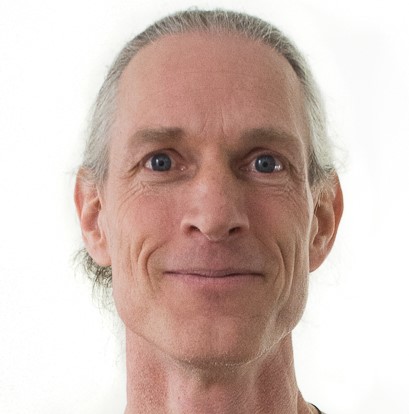
Meet the FABLE Sweden team
The team is led by the Stockholm Resilience Centre (SRC). SRC is an international research centre on resilience and sustainability science. The centre is a joint initiative between Stockholm University and the Beijer Institute of Ecological Economics at The Royal Swedish Academy Sciences. Their research aims at capturing significant patterns and processes of the Anthropocene, using complex adaptive systems and resilience thinking as core perspectives, developing theory and methods, and experimenting and exploring transdisciplinarity for biosphere stewardship and transformations towards sustainability.
Model used by the team: FABLE Calculator.
Former member: Shyam Basnet, Torbjörn Jansson, Elin Röös, Serina Ahlgren, Amanda Wood, and Anna Woodhouse.
Transforming food and land-use systems in Sweden
Sweden's food and land-use systems are shaped by its unique landscape and environmental challenges. The country's land composition consists of 66.8% forest, 25.1% other natural land, 6.5% cropland, 1.1% grassland, and 0.5% urban areas, with agricultural regions primarily located in the south and forests and natural land concentrated in the north.
Agriculture, Forestry, and Other Land Use (AFOLU) activities contribute to direct greenhouse gas emissions, accounting for 22.7% of Sweden's total emissions in 2010. The main sources of AFOLU are cropland, agricultural soils, enteric fermentation, and settlements, driven by factors such as increased consumption of red meat and dairy products and expansion of farmland on drained peatlands.
The intensification of agricultural activities has resulted in the loss of natural vegetation and ecosystems, leading to biodiversity loss and the overuse of ecosystem services, including eutrophication and land-use change. Furthermore, the abandonment of farmland, intensified forestry, and eutrophication pose significant threats to terrestrial and wetland biodiversity. As a result, the Swedish government has prioritized the restoration of forests and wetlands with high nature value to enhance connectivity and integrate protected areas into the landscape.
Unsustainable food and land-use systems in Sweden can be attributed to the overconsumption of food, particularly red meat, added sugar, and animal fats. The average Swedish diet transgresses five out of six food system planetary boundaries, showing a high global impact on Earth system processes. Concerns over dietary health are also prevalent in Sweden, with a significant portion of the population being overweight. In 2015, 28.7% of the population, including 39.3% of adults and 18.1% of children, were classified as overweight, indicating a need to address dietary habits and nutritional choices.
About half of the Swedish food consumption is produced domestically, accounting for 55–60% of food self-sufficiency, down from 75% in 1988. In pursuit of improved food self-sufficiency by 2030, Sweden's National Food Strategy 2016/2017 underscores the government's commitment to amplifying domestic food production, enhancing agricultural productivity, fostering the adoption of plant-based dietary choices, and providing extensive support for the development of organic farming practices.
Key national objectives and targets
- In Sweden, the national government has set targets for the amount of agricultural land area under organic production starting in 1994. The first of which was to expand organic farming to 10% of total agricultural land by 2000. This target has recently been increased to 30% by 2030.
- Sweden has set consumption targets for increasing the demand for organic food. The Green Public Procurement (GPP) act targets 60% of all food procured by the public sector to be organic by 2030.
- By 2045, net zero and GHG emissions reduced by 85%.
- Net domestic reduction of at least 55% in greenhouse gas emissions by 2030 compared to 1990.
- Sweden joined the commitment to reduce global anthropogenic methane emissions across all sectors by at least 30% below 2020 levels by 2030.
Publications
- Basnet, S., Wood, A., Röös, E. et al. Organic agriculture in a low-emission world: exploring combined measures to deliver a sustainable food system in Sweden. Sustain Sci 18, 501–519 (2023). https://doi.org/10.1007/s11625-022-01279-9
- FABLE (2020). Pathways to Sustainable Land-Use and Food Systems. 2020 Report of the FABLE Consortium. International Institute for Applied Systems Analysis (IIASA) and Sustainable Development Solutions Network (SDSN), Laxenburg and Paris. 10.22022/ESM/12-2020.16896.. Sweden chapter.
- EAT@Home Side Session organized as a "deep dive" dialogue on supporting the long-term transformation towards sustainable food and land-use systems. The session explored how integrated, national pathways can help achieve global food, climate, and biodiversity goals with examples from the FABLE Consortium country teams.
Recent activities

